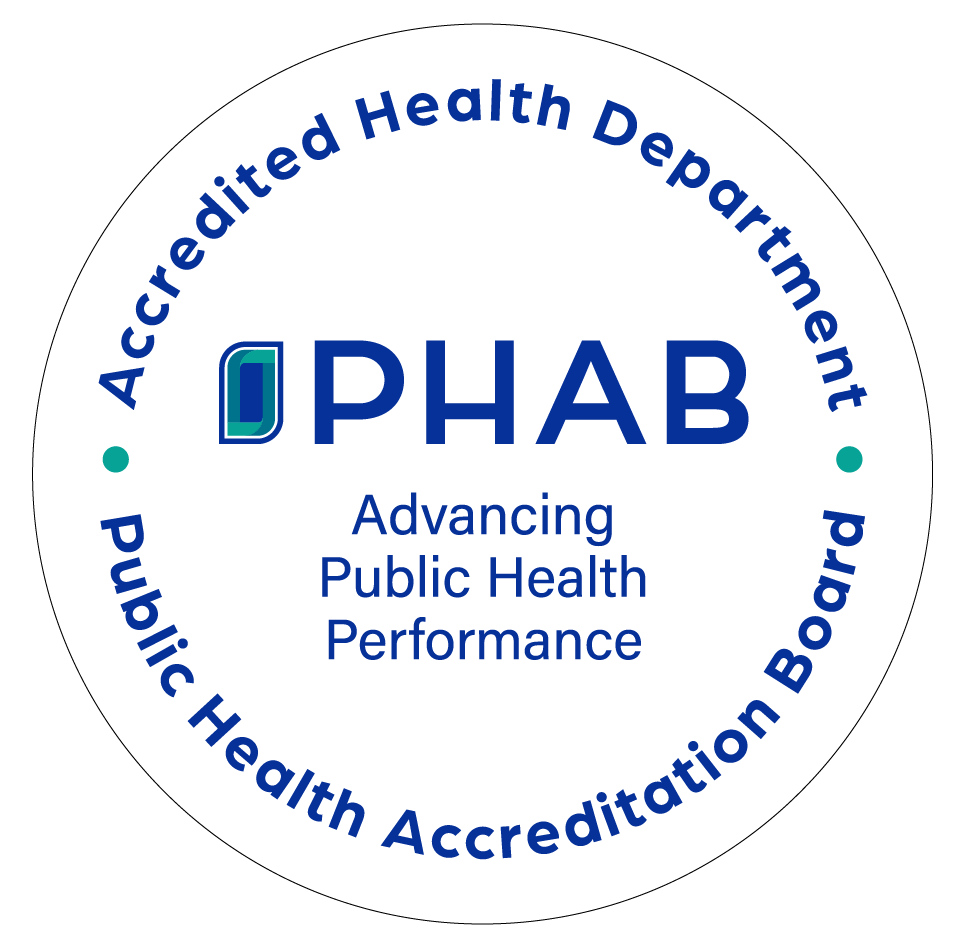What is 274 eggs? If we were playing Jeopardy, the front half to this question would be: “In a November 2016 report from the American Egg Board, this is the amount of eggs, per capita, Americans eat in a year.” That’s a lot of eggs!
Eggs are an inexpensive, amazing source of protein (6 grams in one large egg) and other nutrients. An October 2017 Consumer Reports publication stated that eggs aid in brain development, help maintain healthy skin, and may play a role in reducing macular degeneration and age-related cataract formation.
USDA/FSIS asserts shell eggs and liquid eggs (eggs removed from their shell) should be stored at 40° F or below, but, not frozen. Eggs should be stored in their case to prevent from cracks or breaks and to help protect against absorption from strong odiferous foods. Remember to rotate eggs using the “first in, first out” rule.
Before handling eggs, wash hands with soap and warm water. Remove from refrigerator only as many eggs as needed. Do not use cracked eggs. Do not wash eggs before using as they are washed and sanitized before they are packed. Use clean, sanitized utensils and equipment.
For thorough information about shell eggs, BEFORE the Easter Bunny delivers, go to: https://www.fsis.usda.gov/wps/portal/fsis/topics/food-safety-education/get-answers/food-safety-fact-sheets/egg-products-preparation/shell-eggs-from-farm-to-table/ct_index

